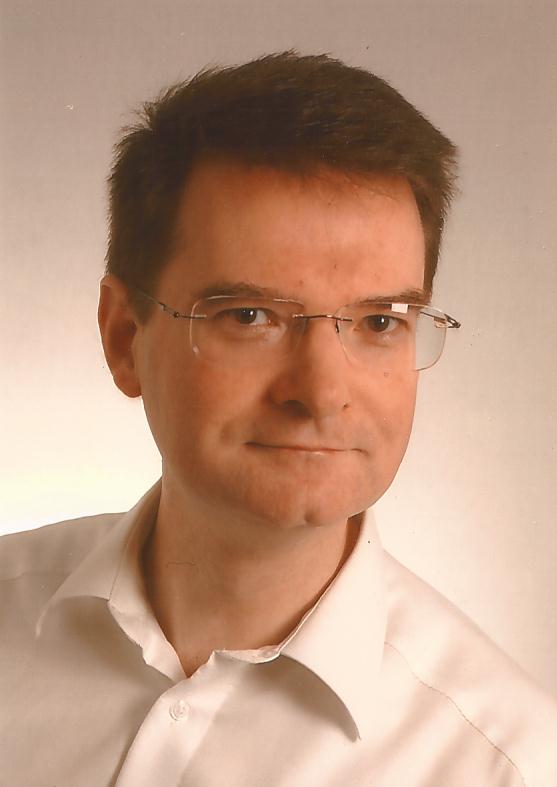22 June 2021
Common Man, Society and Religion in the 16th century is the first open access publication in the R5AS series. We asked editor Ulrich A. Wien to tell us a bit more about the background of this volume.

The Fritz-Thyssen-Stiftung has supported dealing with innovative questions during a conference on the social and theological history in the second half of the 16th century in Transylvania, which was then under Ottoman influence, but was largely able to decide for itself in domestic politics. The myth of “tolerance” in Transylvania is deconstructed by Edit Szegedi’s research. She analysed meticulously the sources. Village sermons from the Reformation period are only preserved in Transylvania. Three contributions, among others by Robert Kolb, deal with the extraordinary corpus of texts of 47 village sermons. The social and cultural environment is analysed, e. g. the war orders, but also the religious-political contrast in neighbouring Banat. It was under direct Ottoman rule. The Protestant Christians in Lippa joined the Eastern Orthodox diocese patronized by the Ottomans. In addition, Zoltán Csepregi refers to the individual choice of the denomination in the Archdiocese of Esztergom in the mid-16th century, as witnessed by the contemporary reports of the Visitation.
For the first time a volume of R5AS is published in open access format. 50% of the contributions are written in English and 50% in German. Funded by the Federal Commissioner for Culture and the Media (Minister of State at the Federal Chancellor), the volume can be downloaded free of charge on the website of the Vandenhoeck & Ruprecht publishing house. In the first few weeks, the publisher has already registered more than 1400 hits. That’s very pleasing. Last but not least, the volume can be perceived and received worldwide regardless of the wallet.
For almost thirty years I have been studying the Church history of the region. From 2001 to 2020, I was chairman of the researching society Arbeitskreis für Siebenbürgische Landeskunde e. V. Heidelberg, co-editor of its publication series and worked in various honorary positions. Since 2006 I am head of the Asociatia de Studii Transylvane in Sibiu (Hermannstadt) and regularly teach at the Department of Protestant Theology in Hermannstadt. Many relationships – including friendly ones – have developed, and the international perception of the region and its networking are very close to my heart.
There is still a lot of catching up to do, on the one hand in the cataloguing of library and archive holdings and their digitization – with precious treasures of European church and cultural history. And this also results in an unfortunate perception deficit in the international research landscape: The widespread lack of knowledge about them due to their special developments, e. g. as a pioneer region of religious freedom in early modern times, prevents relevant factors for the differentiated theory formation of Early Modern Christianity from being taken into account. It would be important to find sponsors here: On the one hand, international networking and methodological consideration of “special paths” throughout Europe are needed, i. e. the integration of the respective regional historical expertise into the “general view” – precisely at scientific conferences. On the other hand, priority must also be given to the cataloguing of the crucial library and archive holdings and their serious digital presentation on site, which also requires international sponsorship!
With the open access publication, a first step has been taken to support the “visibility” of this research landscape and its many still dormant treasures.